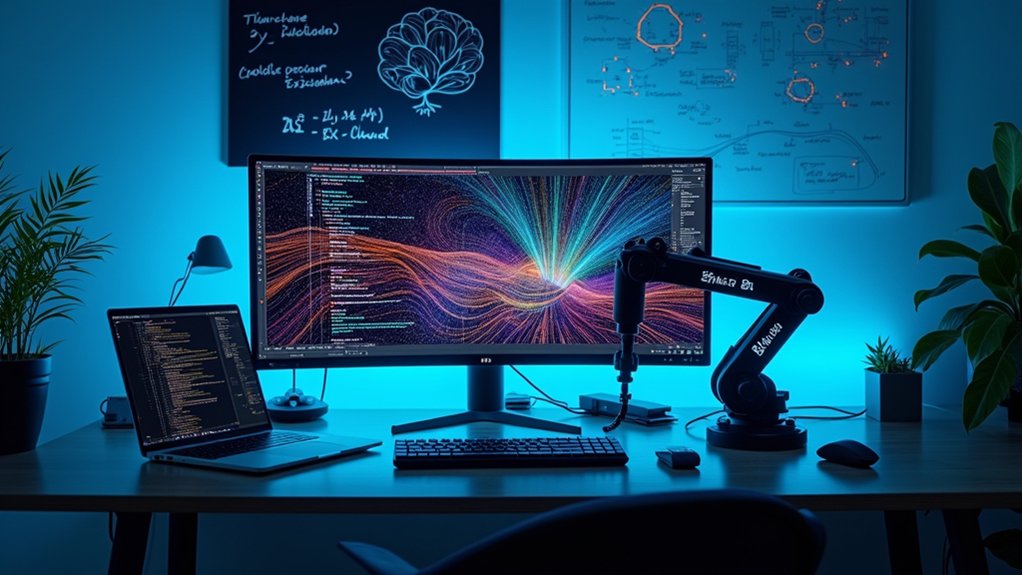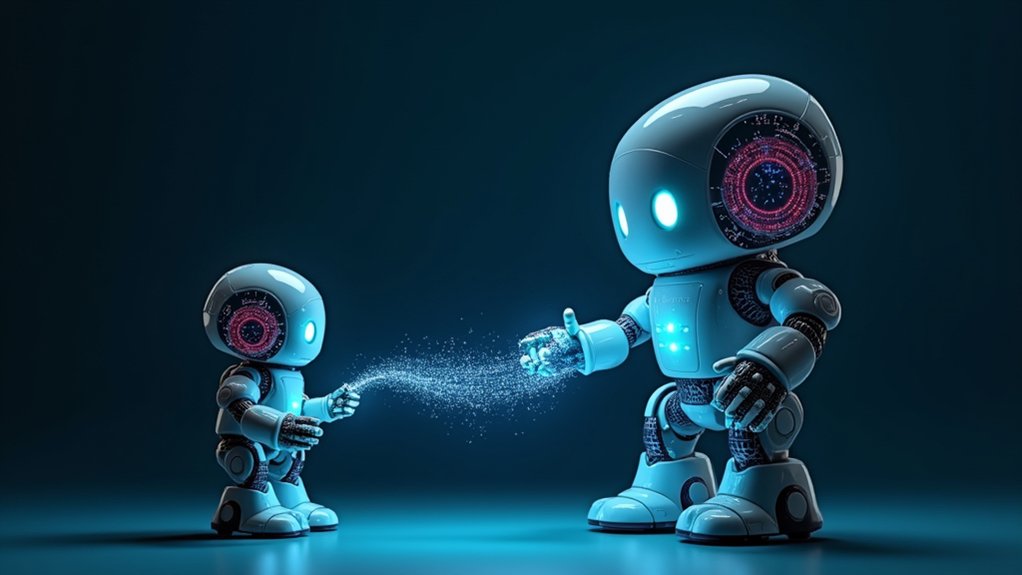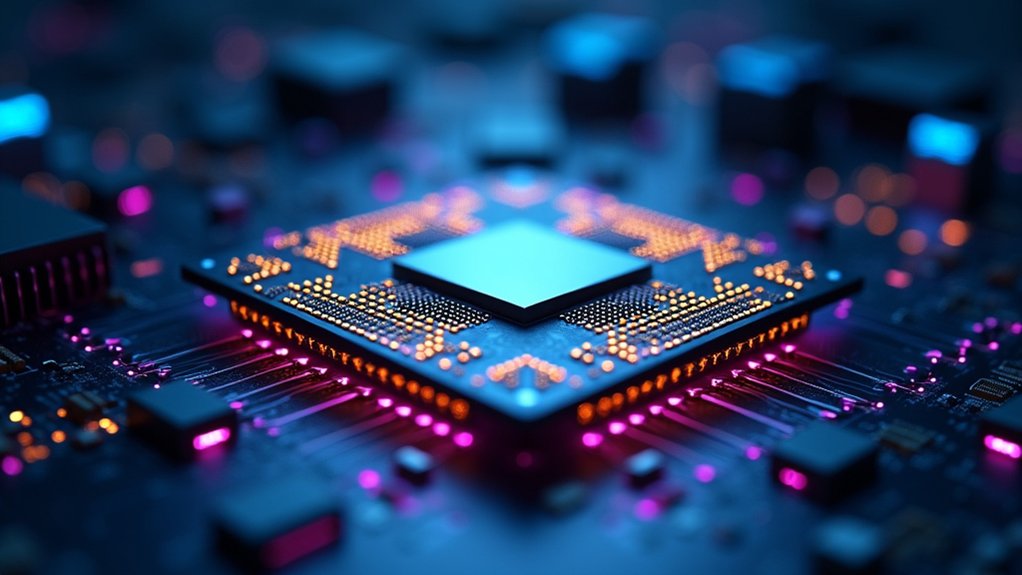AI engineers develop smart computer systems that can think like humans. They use programming languages, machine learning, and data science to build models that power technology. These specialists need strong math skills and knowledge of tools like TensorFlow. They work in many industries including healthcare, finance, and transportation. They face challenges like preventing bias in their algorithms. The career field offers excellent growth opportunities for those with the right skills.

At the forefront of technological innovation, AI engineers are the architects behind intelligent systems that are changing our world. These professionals develop artificial intelligence systems by combining skills in software development, data science, and machine learning. They create machines that can think and learn like humans, turning complex AI theories into real-world applications.
AI engineers build and deploy models that power smart technology. Their daily work involves designing AI systems, managing the technical infrastructure, and analyzing massive amounts of data. They write code in languages like Python or Java to create algorithms that allow machines to learn from information. They don't just work alone – they're often part of teams that bring AI solutions into businesses.
AI engineers bring algorithms to life, turning data into intelligent systems through teamwork and code.
The technical toolkit of an AI engineer is extensive. They need strong programming skills and deep knowledge of machine learning algorithms. They must understand complex concepts like neural networks and be familiar with cloud platforms where AI systems often run. Math skills, especially in statistics and probability, form the foundation of their expertise. The rise of generative AI technologies has made AI engineering one of the most lucrative careers in the technology sector.
Most AI engineers have college degrees in computer science or related fields. Many pursue master's degrees to gain specialized knowledge. They never stop learning, as AI technology evolves rapidly. Certifications and hands-on project experience are valuable additions to their qualifications. Proficiency in AI frameworks like TensorFlow or PyTorch is often a requirement for these professionals.
These professionals work across many industries. In healthcare, they create tools that help diagnose diseases and develop advanced imaging analysis systems that can detect conditions earlier than traditional methods. In finance, they build systems to spot fraud. Retail companies use their skills for recommendation systems, while manufacturers employ AI for predicting equipment failures. Self-driving cars wouldn't exist without AI engineers.
The field isn't without challenges. AI engineers must consider the ethics of their work, protect data privacy, and prevent bias in their algorithms. Despite these challenges, the career outlook is bright. Companies across all sectors need AI talent, offering competitive salaries and growth opportunities.
As AI continues to transform business and society, these professionals will remain essential to shaping our technological future.
Frequently Asked Questions
How Much Do AI Engineers Typically Earn?
AI engineers earn between $129,669 and $145,080 on average in the US.
Experience greatly affects pay, with beginners making about $96,095 and veterans earning over $150,000.
Location matters too – San Jose tops the charts at $206,706, while Dallas pays $151,692.
Industry choices impact earnings as well, with real estate offering the highest salaries at nearly $188,000 per year.
What Programming Languages Are Essential for AI Engineers?
AI engineers typically need Python as their primary language due to its widespread use in machine learning. It's the industry standard with libraries like TensorFlow and PyTorch.
Other valuable languages include R for statistical analysis, Java for enterprise applications, and C++ for performance-intensive tasks.
While Python dominates the field, most professionals develop skills in multiple languages to tackle different types of AI problems effectively.
Can I Become an AI Engineer Without a Degree?
Yes, people can become AI engineers without a degree. The field values skills over credentials.
Self-learners use MOOCs, online platforms like Coursera, and free resources to gain knowledge. Building projects, participating in competitions, and earning industry certifications demonstrate expertise.
Many employers focus on practical abilities rather than formal education. A strong portfolio, coding skills, and networking in AI communities can open doors for non-degreed professionals.
How Is AI Engineering Different From Data Science?
AI engineering differs from data science in several key ways.
AI engineers build systems that mimic human intelligence, focusing on creating and deploying AI models. They work with neural networks and AI frameworks like TensorFlow.
Data scientists analyze complex data sets to extract insights and patterns. They use statistical tools and excel in data visualization.
While both fields use machine learning, their end goals and daily tasks aren't the same.
What Ethical Challenges Do AI Engineers Regularly Face?
AI engineers face four main ethical challenges daily.
They must prevent bias in AI systems that could harm certain groups.
They struggle with protecting people's private data while still using enough information to train AI.
They need to make "black box" AI decisions more transparent.
They also consider how their work affects jobs and human control over important choices.









